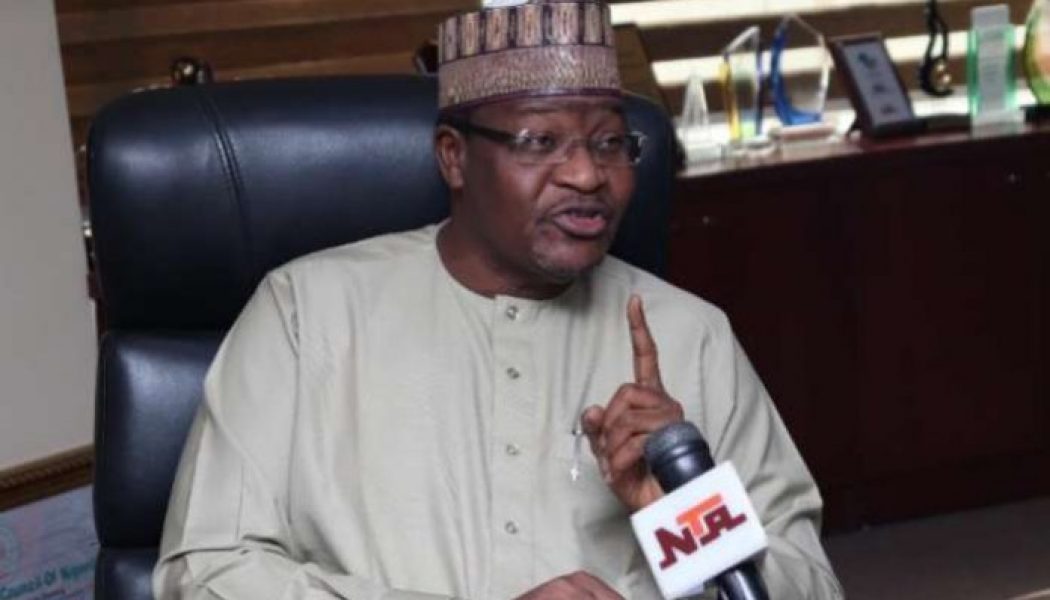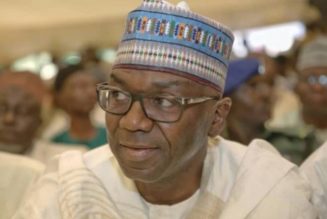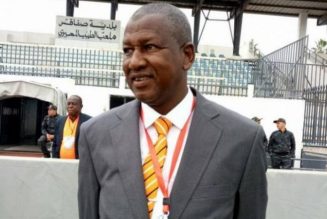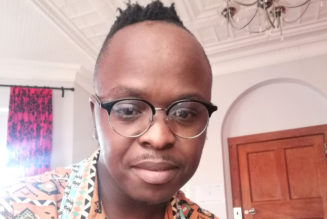
The Executive Vice Chairman of the Nigeria Communications Commission (NCC), Umar Garba Danbatta, has said that the contribution of the Telecommunication sector to the country’s Gross Domestic Product (GDP) has risen from 8.5 per cent in 2015 to 14.3 per cent as at September this year amounting to N2.272 trillion.
Danbata disclosed this when members of the House of Representatives Committee on Telecommunication led by its Chairman, Rep. Akeem Adeyemi visited the Commission on an oversight
The Executive Vice Chairman of the Commission also disclosed that Investments in the sector had risen from 38 billion dollars in 2015 to over 70 billion dollars now while the Commission had also paid over N344 billion into the Consolidated Revenue Fund of the federation within the period under review, an average of N70 billion annually.
He put the figure of active telecom subscribers in the country at about 205.25 million with a teledensity of 107 per cent as at the end of September 2020.
He explained that even though Nigeria’s population stands at about 20 million, it was possible to have such a figure of active subscribers because “while some people have one active line, others have two or three active lines”.
According to him, “Way back in 2015 when we came into office, we articulated our strategic plans 2015 to 2020. So, this strategic plan is about to expire. This includes optimizing the use of spectrum, improving the quality of service, empowering and protecting the consumer. These are some of the things on our agenda which this committee has identified with
“During this period under review, there is an increase in telecom contribution to GDP from 8.5 per cent in 2015 to 14.3 per cent now. In the second quarter of 2020, we recorded 15.5 per cent contribution to GDP.
“When you convert this to figure for those who do not appreciate the basic terms of percentages, this figure translates to N2.272 trillion in the second quarter of 2020 and throughout this period from 2015 and now, we have not recorded anything less than N1.5 trillion contribution to GDP.
“This is an indication that the system has performed has performed in a manner that is resilient and in a manner that we can assure anybody who cares to listen and observed that indeed this sector is one that enjoys responsible legislation and a government through the Minister for providing the necessary support that is required in other to ensure sustainability and stability of the sector.”
“Investments in the sector grew from 38 billion dollars in 2015 to over 70 billion dollars now. During this past five years, we have remitted to the Consolidated Revenue Fund of the Federation the sum of N344.71 billion, an average of over N70 billion annually.
“We generated these monies from Spectrum fees, operating surplus and we have also embarked on spectrum option. We have conducted one of the most successful spectrum options as well as expanding the spectrum to optimize the system.
“We have participated actively with results in the promotion of financial inclusivity of the federal government. All our mobile network operators and licensees participated in the provision of money mobile services to the extent that today, it is unthinkable for the banking sector to function or flourish in the way it is doing without leveraging on the telecommunication sector.
“Indeed, we are seeking the support of this committee to participate and attain the target of the federal government of 80 per cent financial inclusion by 2023.
“As we speak, broadband penetration; that is the number of Nigerians who subscribe to broadband service, whether it is high-speed internet with the minimum speed of 1.5megabits per second or whether in terms of volume of traffic.
“Again, if this figure does not make a lot of sense, it means that over 87 million Nigerians have access to what we call high-speed internet. This means that they can access and down from the internet at a minimum speed of 1.5 megabits per second.
“We have also achieved a high degree of voice mobile penetration which means the number of Nigerians with the handset, some of them with two or three and are active. This number stood at 205.25 million. This means that the teledensity of Nigeria stands at 107 per cent at the end of September 2020.
“But the question is whether it is possible to have a teledensity of over 100 per cent? It is possible. This country has a population of about 200 million. People own additional handset that you can count. There are people who own two or three handsets. Provided these phones are active, they will be counted and that is why the teledensity is more than 100 per cent.
“We have also come to the realization of what broadband can do in the social and economic transformation of our citizens. There is the saying, build broadband and every other thing will fall into place.
“It will enhance the ability to give quality education to our people, give them the ability to use energy actively and efficiently, the ability to provide health care services, the ability to streamline transportation, the ability to manage the environment and the ability limited the sustainable development goals. In each of these, you find broadband playing an important role.
“Out of this realization, we have granted broadband infrastructure to six entities and the seventh one is about to be granted.”
Chairman of the House Committee on Telecommunication, Hon. Akeem Adeyemi said the oversight was aimed at ensuring that the commission was working in line with the provisions of the constitution in the implementation of government programmes or policies.
According to him, “under the principles of separation of power, each branch of government is excepted to check the other in the performance of their function, not only for the purpose of accountability but to prevent abuse and arbitrary use of power
“This explains why the legislature has been given the power of oversight to supervise and scrutinize other arms of government, particularly the Executive arm which renders services to the people through year expenditure
“We choose oversight to hold government accountable and ensure their actions are legitimate. The oversight is targeted at assisting President Muhammadu Buhari in his quest to lift millions of Nigerians out poverty, a determination which we understand the NCC will play a pivotal role. The committee will fact check every subhead in the budget of agencies under the committee.”










